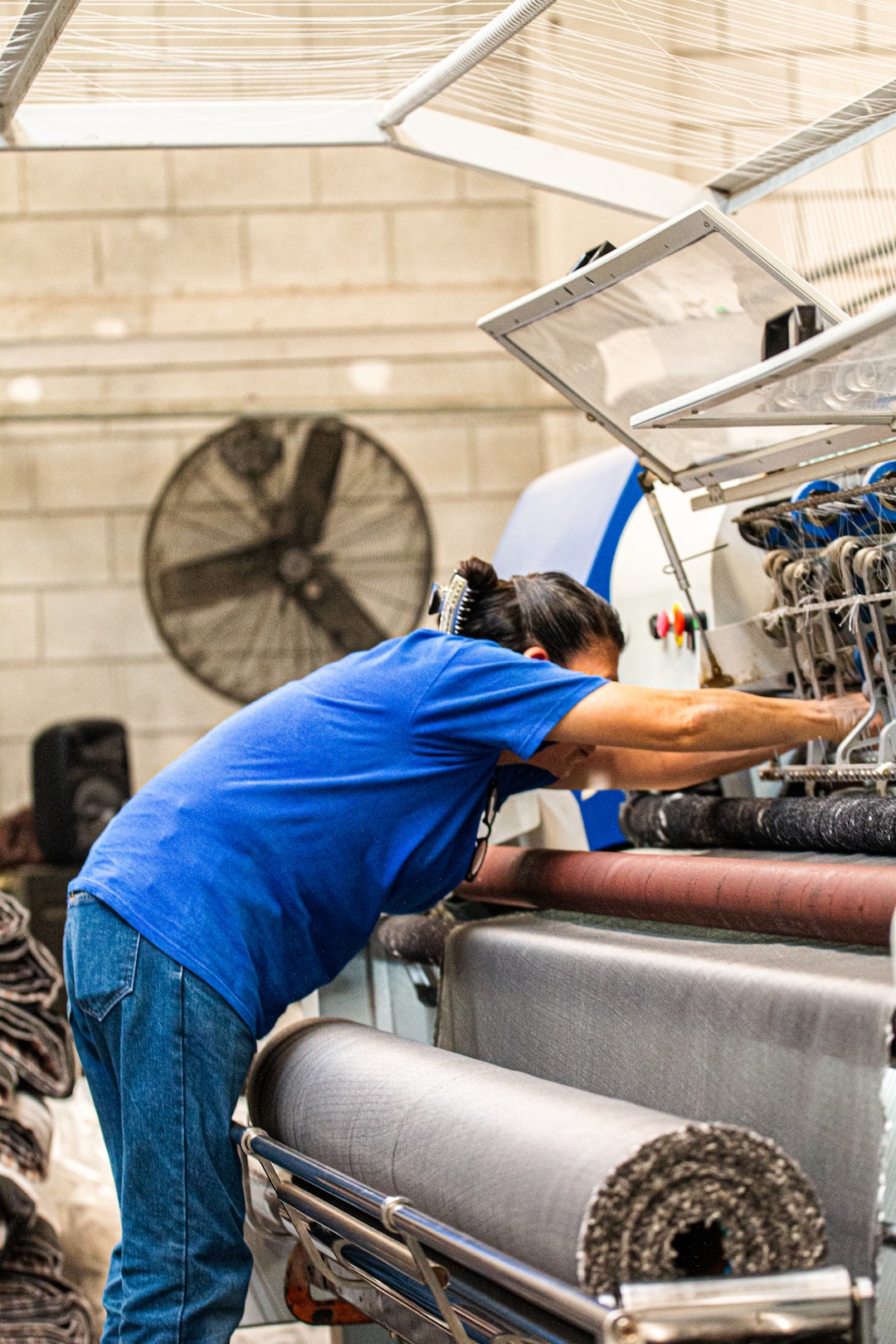The Importance of Skilled Labor in the Manufacturing Industry
The manufacturing industry plays a crucial role in the global economy. It is responsible for producing goods and materials that are essential for daily life. From automobiles to electronics to pharmaceuticals, every sector relies on the manufacturing industry to meet the demands of consumers. However, behind the scenes, there is an often-overlooked element that keeps this industry running smoothly – skilled labor.
Skilled labor refers to workers who possess specialized training and expertise in specific areas of the manufacturing process. These individuals are highly knowledgeable in their field, enabling them to execute tasks with precision and efficiency. They are the backbone of the manufacturing industry, and here’s why their contributions are so vital:
1. Exceptional Quality Control: Skilled laborers are trained to identify defects and potential issues at various stages of production. Their expertise allows them to spot any irregularities during the manufacturing process and take corrective measures promptly. Ultimately, this attention to detail ensures that the final product meets or even exceeds quality standards, benefiting both the manufacturer and the end consumer.
2. Increased Efficiency: Skilled laborers have honed their craft through ample training and experience. They possess a deep understanding of the manufacturing process, allowing them to work more efficiently, minimize waste, and optimize productivity. By leveraging their knowledge and skills, these workers can contribute significantly to reducing costs for manufacturers, resulting in greater profitability.
3. Technological Adaptation: The manufacturing industry is continually evolving due to advancements in technology. Skilled laborers are at the forefront of this change, adapting and integrating new technologies into their work processes. They are proficient in operating sophisticated machinery and computer-controlled systems, ensuring the seamless adoption of advanced manufacturing techniques. Their ability to embrace technology not only enhances productivity but also keeps the manufacturing industry competitive in the global market.
4. Safety and Risk Mitigation: Working in the manufacturing industry involves handling heavy machinery and potentially hazardous materials. Skilled laborers receive extensive safety training to mitigate risks and prevent accidents. Their expertise in following safety protocols and implementing preventive measures plays a crucial role in maintaining a safe work environment. By prioritizing safety, these workers contribute to reducing workplace injuries, protecting lives, and safeguarding a company’s reputation.
5. Drive for Innovation: Skilled laborers are often equipped with problem-solving skills and a creative mindset. These qualities allow them to think outside the box and propose innovative solutions to production challenges. Through their experience and knowledge, they contribute to process improvements, product enhancements, and the development of more sustainable manufacturing practices. It is through their tireless efforts that the manufacturing industry can continuously innovate and adapt to changing market demands.
6. Workforce Development: As the manufacturing industry advances, the need for skilled labor is ever-growing. To ensure a sustainable future for the industry, investment in workforce development is essential. By providing training and education programs to aspiring and incumbent workers, manufacturers can bridge the skills gap and attract talent. Equipping the workforce with the necessary skills will enable the manufacturing industry to thrive and remain competitive in a fast-paced global market.
In conclusion, skilled labor is the backbone of the manufacturing industry. Their invaluable expertise, attention to detail, and adaptability to new technologies contribute significantly to the sector’s growth and success. As the industry continues to evolve, it is crucial to prioritize the development and training of skilled laborers to meet the demands of the future. By recognizing and appreciating the significance of skilled labor, we can ensure that the manufacturing industry continues to be a pillar of the global economy for years to come.

